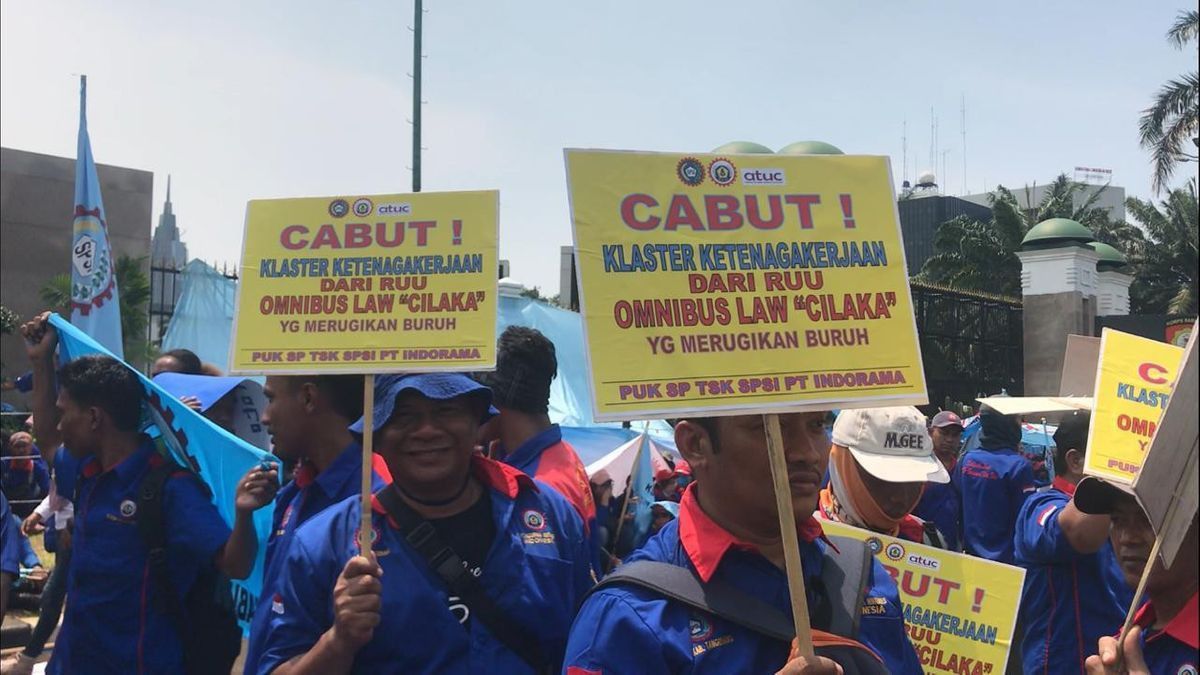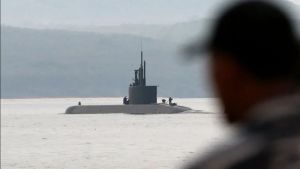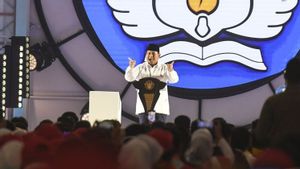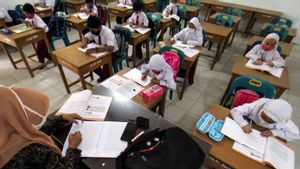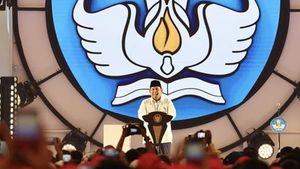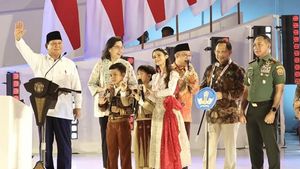JAKARTA - The ratification of the Job Creation Law by the government and the DPR caused reactions from many parties. One of them is the human rights organization, Amnesty International Indonesia.
Executive Director of Amnesty International Indonesia Usman Hamid urged the DPR to revise the problematic regulatory points in the Job Creation Law. A number of articles, he said, have the potential to cause a human rights crisis.
"We urge DPR members to revise problematic regulations in the Ciptaker Law. Do not let this ratification be the start of a new human rights crisis, in which those who oppose the new policy are silenced," said Usman in his statement, Tuesday, October 6.
Usman highlighted a number of articles in the Job Creation Law because they were considered to have the potential to violate workers' human rights.
Article 88B
First, Article 88B which gives freedom to employers to determine the wage system per unit time and unit yield.
"There is no guarantee that the piece rate system to determine the minimum wage in certain sectors will not end up being below the minimum wage," said Usman.
Art 91
Then, the Job Creation Law deleted Article 91 of the Manpower Law. Article that is deleted is that the agreed wage arrangement between the entrepreneur and the laborer must not be lower than the wage provisions stipulated in the prevailing laws and regulations.
In the deleted article, there is a rule that if the agreed wage is lower than the minimum wage in the statutory regulations, the employer will be sanctioned.
Usman said, removing Article 91 of the Manpower Law would lead to a lack of employers' compliance with the statutory minimum wage.
"In other words, it is likely that employers will pay lower wages to workers and do nothing because there are no more sanctions that require them to do so," he said.
Art 59
Then the question of eliminating the rules regarding the working period for a certain time work agreement (PKWT) or contract workers in Article 59.
Further rules regarding the type and nature or activity of work, the period of time, and the deadline for extension of the work agreement for a certain period of time are regulated by a Government Regulation (PP).
Here, Usman is worried that the PP in the form of a technical regulation will actually harm workers because it removes job security as permanent workers.
"Any technical rules made following the ratification of the Omnibus should not exempt employers from their obligation to change the status of temporary workers to permanent workers," said Usman.
Art 77
The problematic rule in Article 77 paragraph (2) which is also highlighted is the allowance for employers to be able to impose working hours that exceed the limit for certain types of work or business sectors.
Details of the working period scheme and certain sectors in question will be further elaborated through a government regulation (PP).
"This raises concerns that there will be differences in working time limits for certain sectors and the compensation will be detrimental to workers in certain sectors, because they can be asked to work longer hours and receive pay for overtime that is lower than workers in other sectors," he explained.
The English, Chinese, Japanese, Arabic, and French versions are automatically generated by the AI. So there may still be inaccuracies in translating, please always see Indonesian as our main language. (system supported by DigitalSiber.id)
